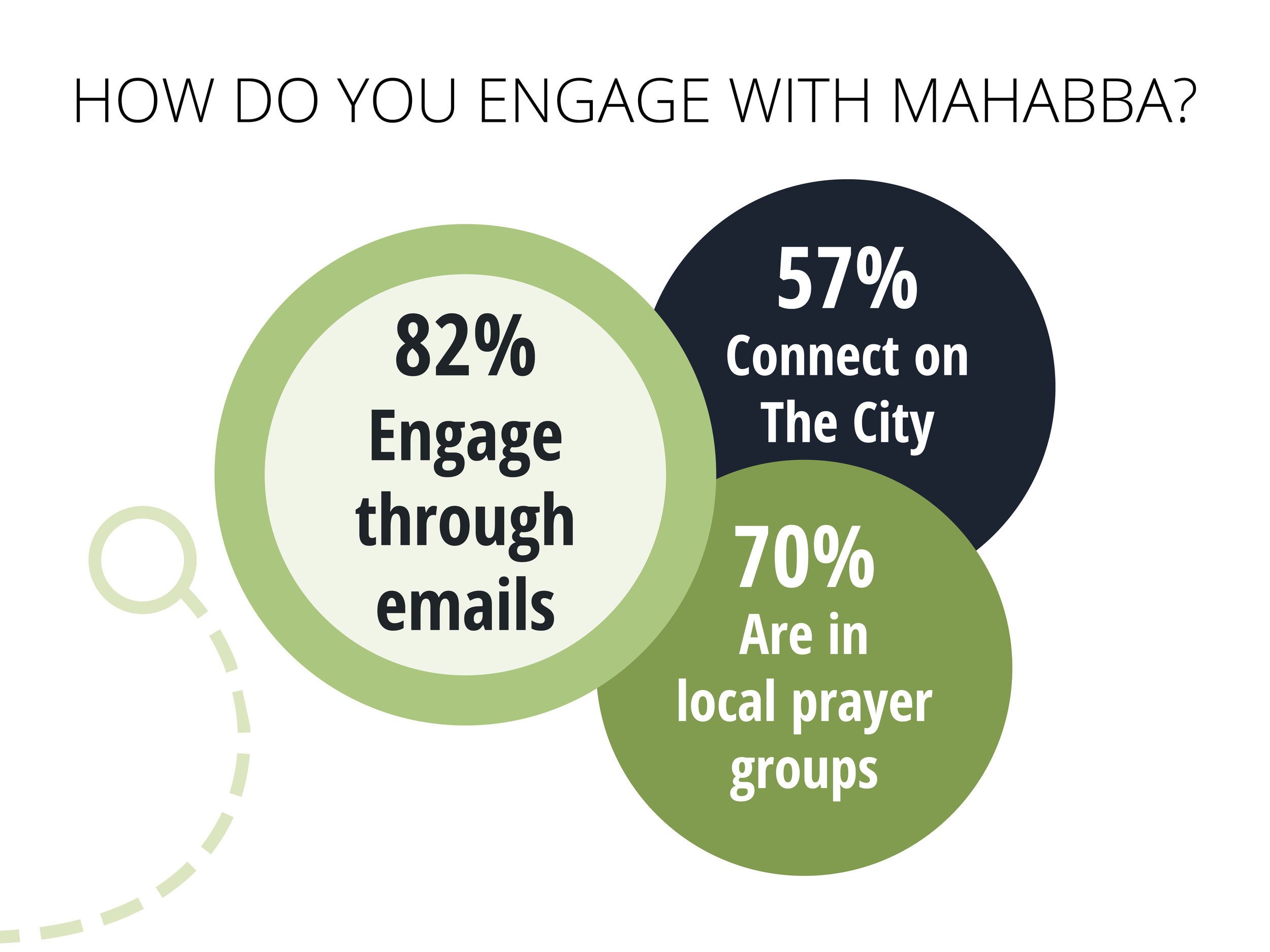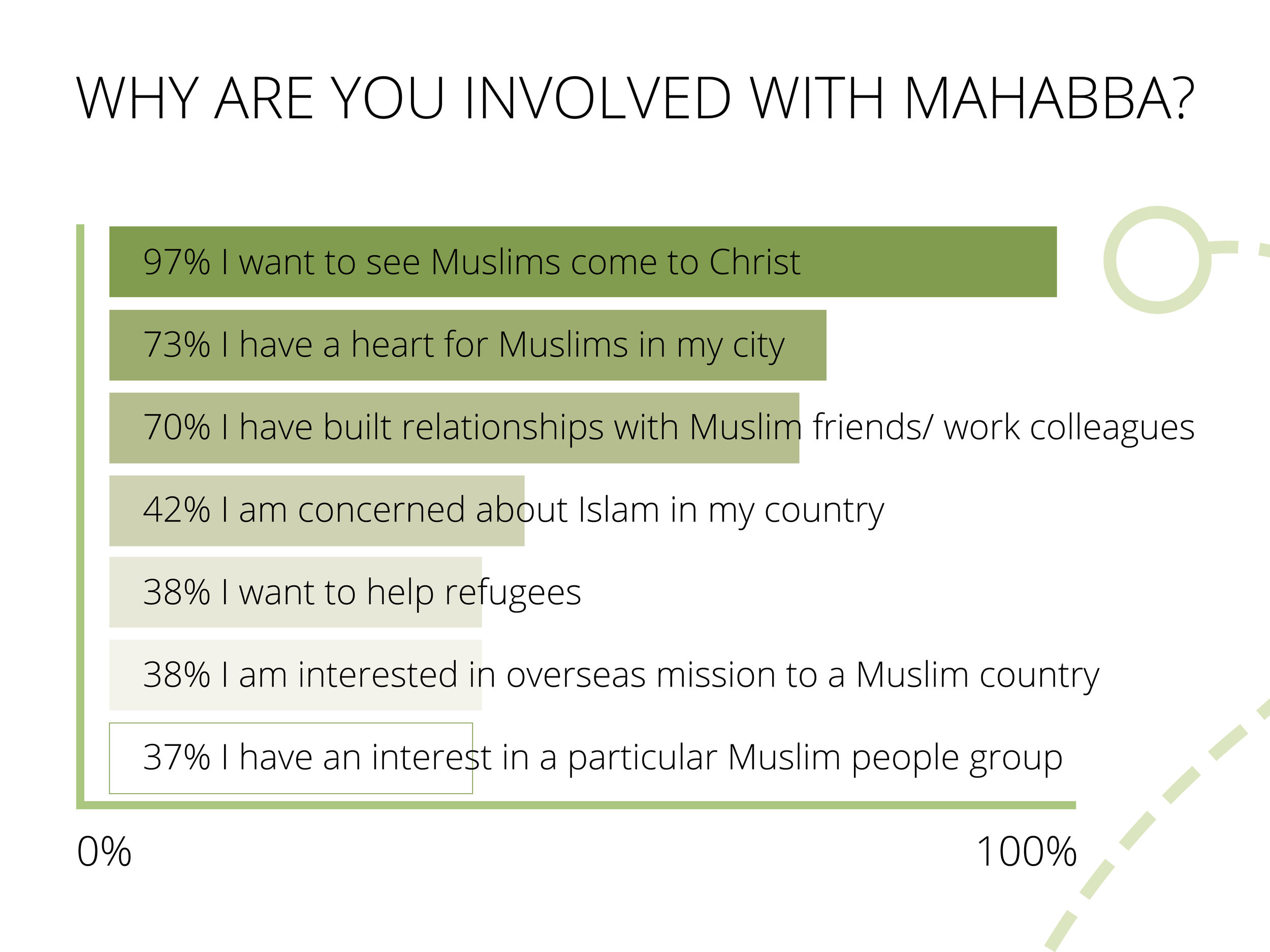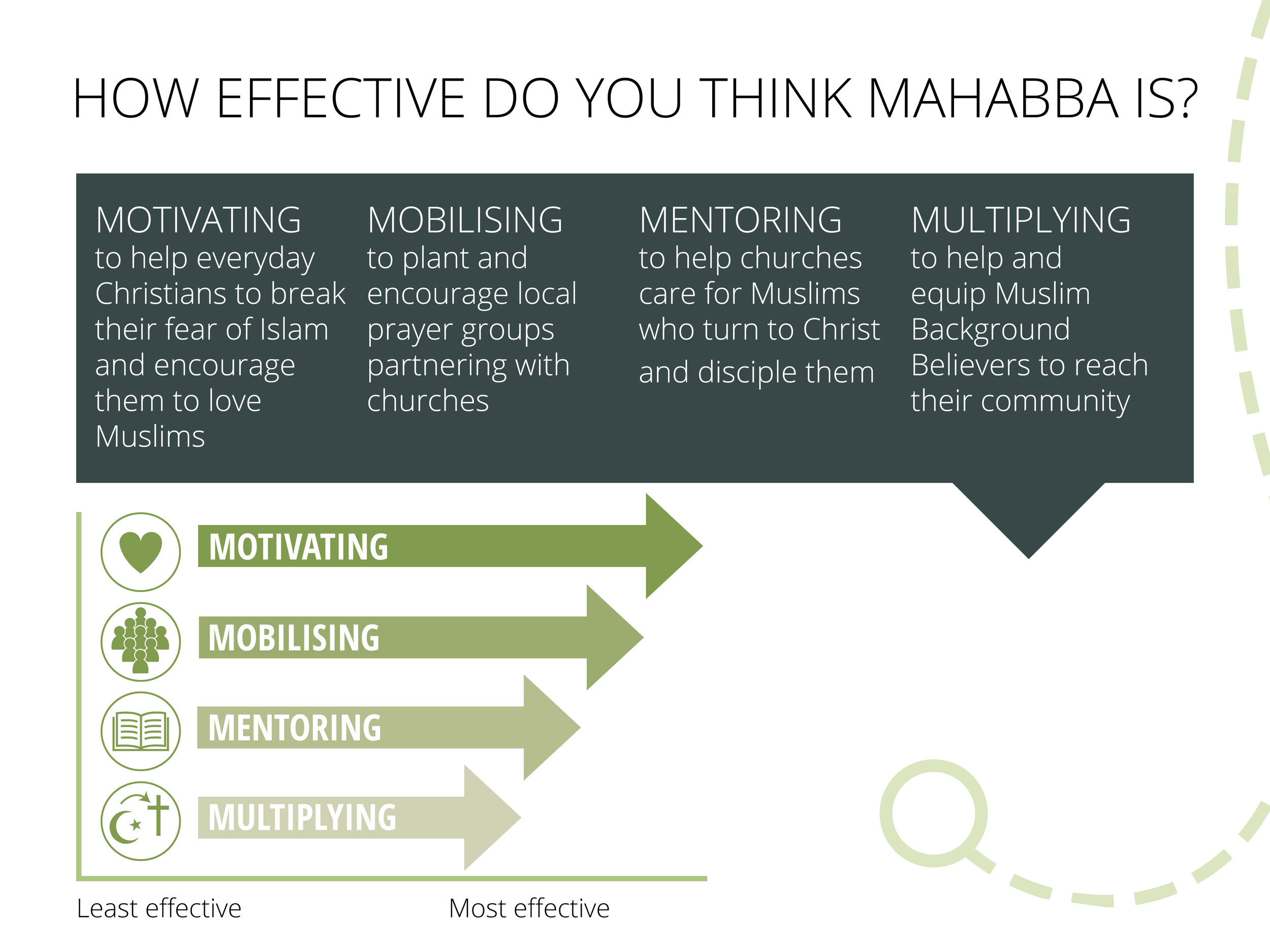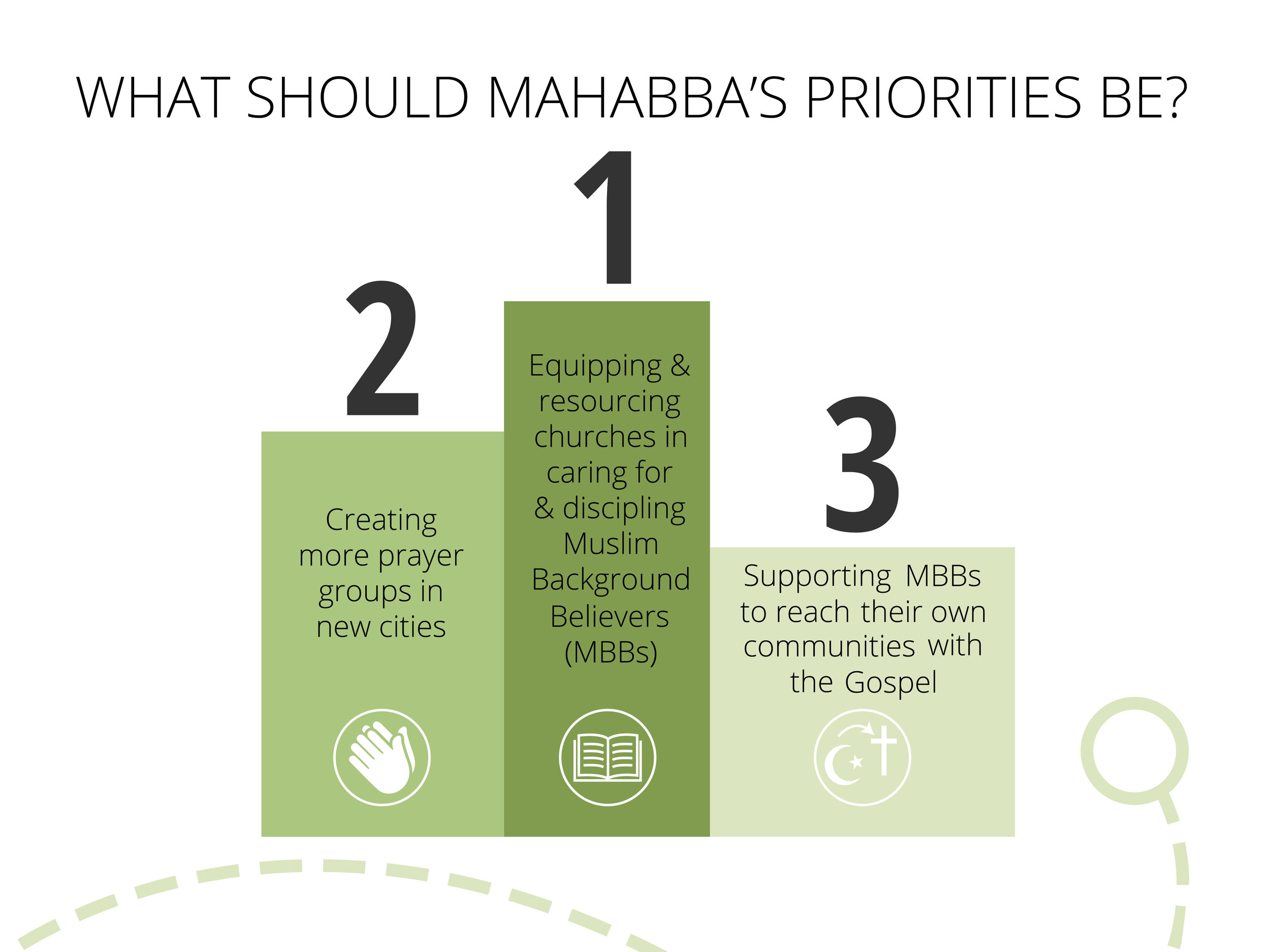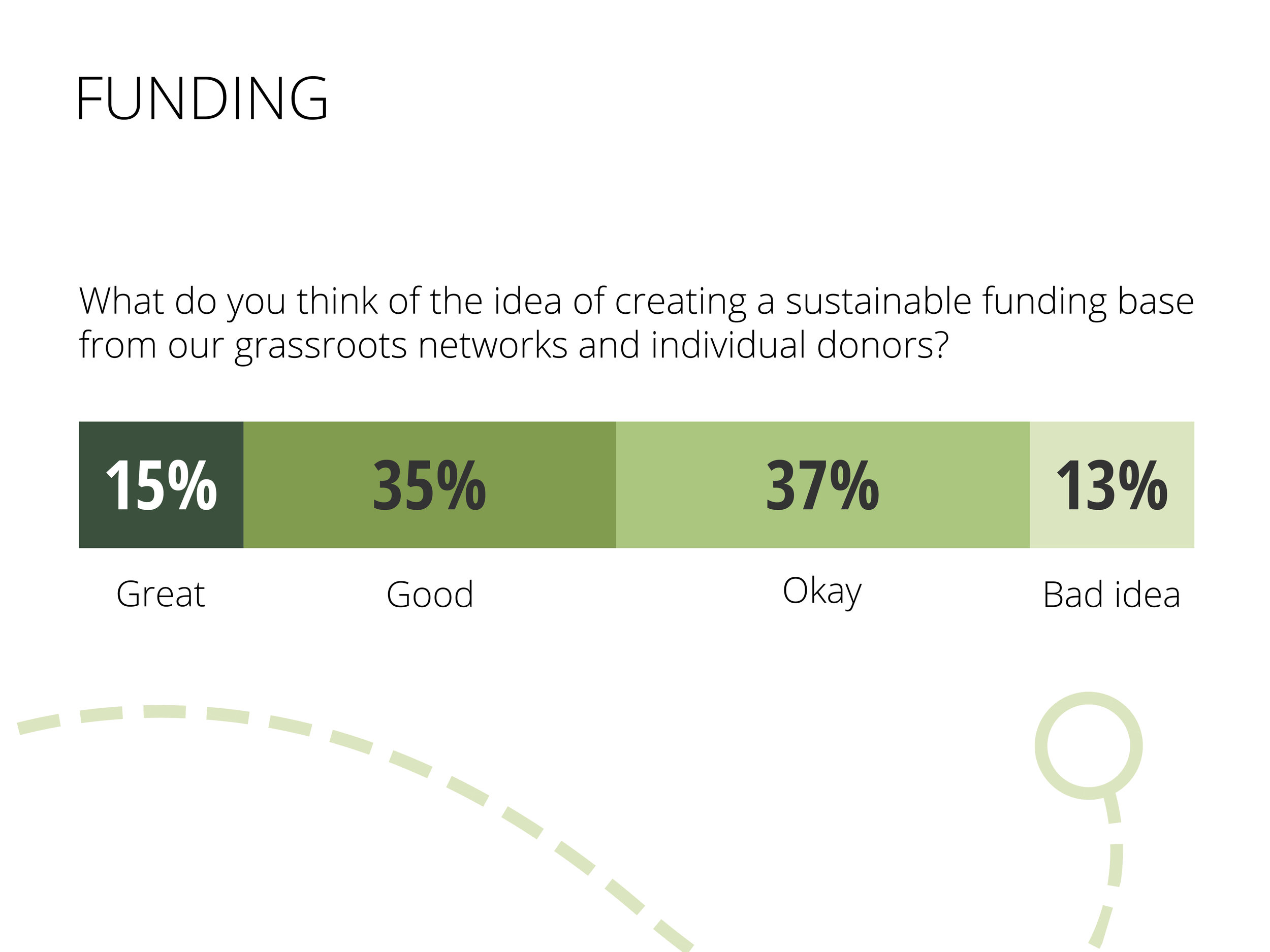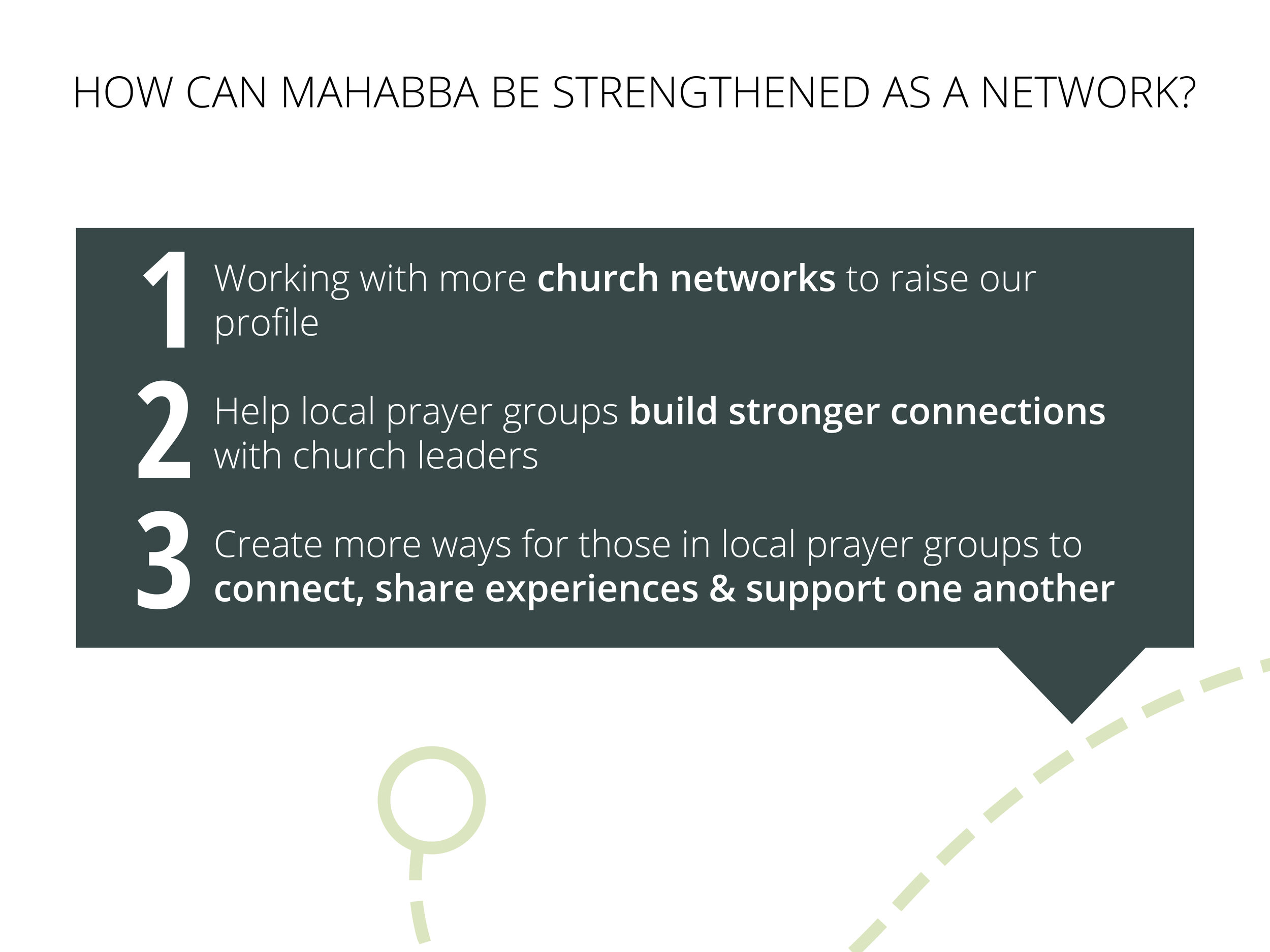London is not Paris
In the aftermath of the Paris attacks of 13 November 2015, western nations rallied around the French people in an outpouring of sympathy. The French tricolour was superimposed on Facebook images, projected onto state buildings in many countries and #prayforparis trended for a considerable amount of time. Together with these technological ways of expressing solidarity, several nations stepped up their military involvement in the Middle East and ISIS became the target of one and all.
The British parliament voted in favour of extending bombing campaigns into Syria with the argument that, “Paris could have been London.” All the historical differences and squabbles of the last couple of decades were forgotten; President Obama declared that France was America’s oldest ally despite the recent differences between France and the USA on the Iraq war.
ISIS does not discriminate against its western targets. There is a real and expressed threat facing Muslim and non-Muslim peoples alike from this terrorist band who seem to thrive on violence and destruction for its own sake. But simply calling London and Paris the same brushes over some fundamental differences in worldviews and approaches to religion in public life. Take for example the law in 2010 that banned wearing a headscarf in France to improve ‘living together.’
I was reminded of how we can differ on basic ideas that we take for granted in a recent seminar by Ravi Zacharias of RZIM ministries. Ravi was making the case that western ideas of freedom are ultimately based in biblical ideas but that freedom took different paths in western countries. He spoke of three enlightenments: the French, the English and the American.
Quoting from Gertrude Himmelfarb’s book, The Roads to Modernity (2004), Ravi listed eight things we associate with enlightenment: reason, rights, nature, liberty, equality, tolerance, science and progress. Out of this list, Reason usually tops the list for the French (and for modern secular society). The missing element from the list is Virtue which, for the British, was an essential part of enlightenment according to Himmelfarb. The British did not deny Reason but they gave it a lesser, contributory role to the qualities of compassion, kindness and sympathy, she says.
The most important difference between these two enlightenments is in the French rebellion against the church and the monarchy, summed up in the French philosopher, Denis Diderot’s wish to, “Strangle the last king with the last priest’s entrails.” As Ravi explained, the difference for both Britain and America was that religion was not the enemy. In Britain, social virtues were the driving force of political change. In America, the fight was for political freedom still based in upholding religious values, even though it was against monarchy.
The point here is not to emphasise differences between people, nor is it to have a sense of complacency about freedom of religious expression on the Atlantic side of the English Channel, or La Manche as it is called in French. Recent law suits and debates about religion in public life have shown that Anglo-American society is rethinking what it means to be secular. The aim of looking at the different expressions of enlightenment here is to think about our social values and which Light we are following in the world: To what extent does the light of the Word (Proverbs 6:23) and the Light of the world (John 8:12) form the foundation of our thinking? In Matthew 5:14, Jesus says definitively that we are a light to the world.
The question is, which en-Lightenment will we reflect to the world in the year ahead.








